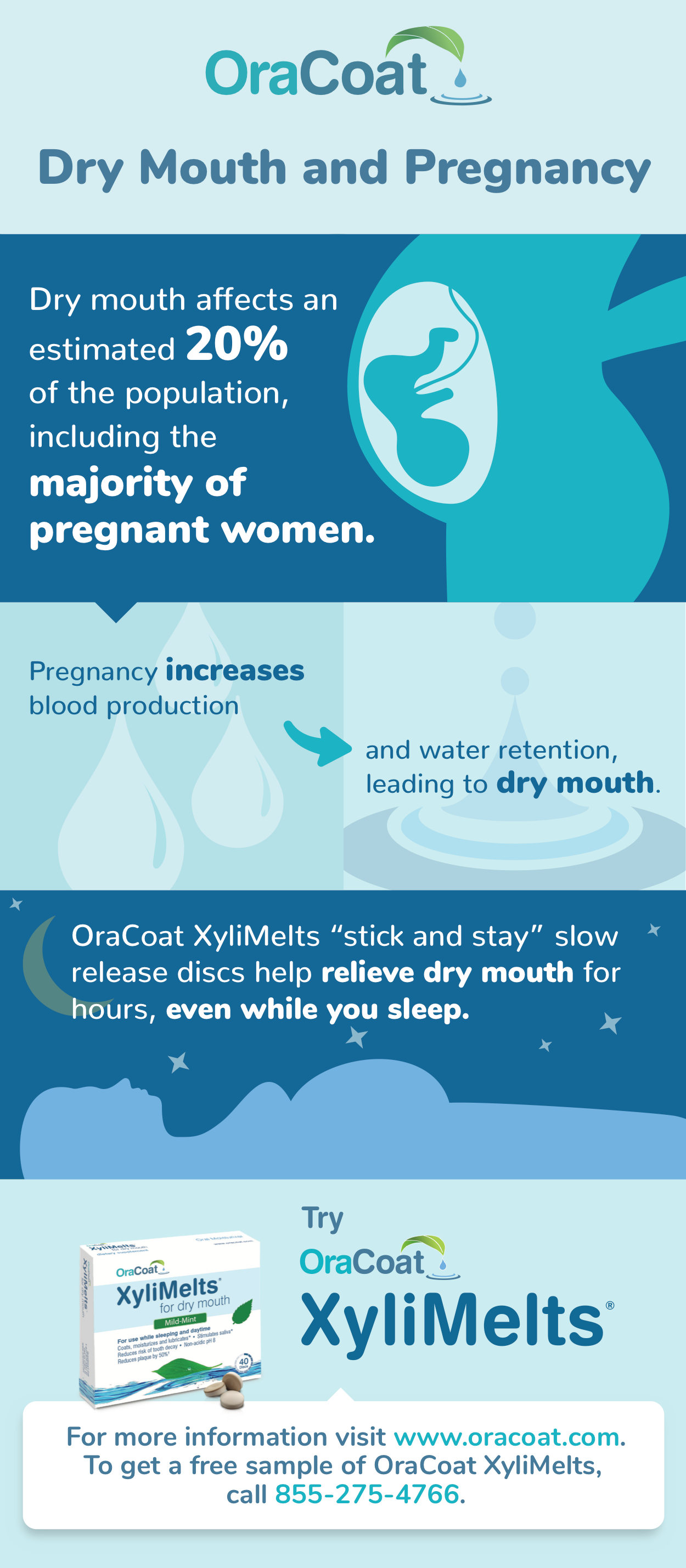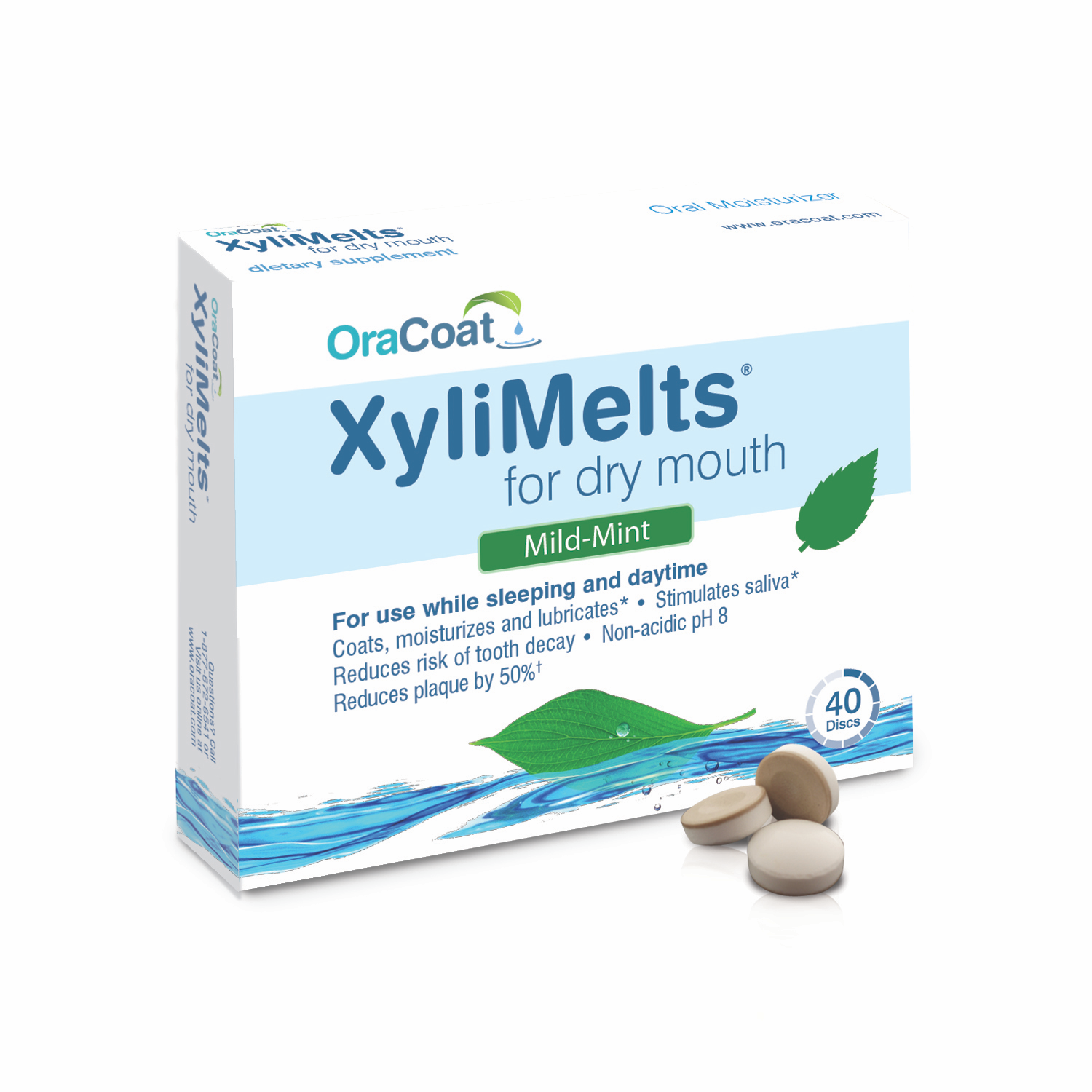Pregnancy and xerostomia: What you need to know
Exploring the causes, symptoms and why treating this patient population is important.

With over 30 years in the dental hygiene space, I have seen all types of patients and just about every clinical scenario there is.
Throughout my journey, I came upon different opportunities and made some stops along the way, which helped shape who I would become as a registered dental hygienist.
One of the stops included working as a dental assistant for a short period of time. This turned out to be a valuable experience that was actually a springboard into a career in dentistry. I ultimately went back to hygiene, finding employment at the Children’s Hospital of Michigan and then at an inpatient clinic for the special needs community. I also found myself at multiple private practices and now I am a full-time hygienist at A Center for Family Dentistry in Troy, Michigan.
What initially attracted me to the profession and what has kept me here for so long is patient care and education. As hygienists, patients talk to us and trust us. This being said, we should always keep in mind that our role goes beyond dental cleanings. It is also to provide quality oral health care that impacts overall health, especially in patients with specific needs.
Treating pregnant patients
When treating pregnant patients, there is a lot for professionals to know. The American Dental Association recommends we ask the expected delivery date, if the pregnancy is high risk, and if the mother-to-be has been prescribed medication for pain management. The ADA also provides safety information on radiography and stresses knowledge of pregnancy-related oral health conditions, such as xerostomia.
Related reading: How to find relief from dry mouth and reduce caries

Pregnancy and xerostomia
Defined by the ADA, xerostomia-or dry mouth-is a common condition associated with salivary gland hypofunction. In my experience, I have had many patients present with and complain about uncomfortable dry mouth symptoms. Although we are discussing dry mouth and pregnancy, the condition appears to affect all patient populations in the same way. That said, there are certain causes unique to pregnant women.
Causes
One cause of dry mouth only seen in pregnant patients is gestational diabetes. Although this condition typically goes away after childbirth, it can be concerning while present. Gestational diabetes results when the body is unable to make insulin, which is in full demand during pregnancy. It can cause hyperglycemia and is a potential risk for the expecting mother and baby if not managed. Symptoms, in addition to dry mouth, are excessive thirst, fatigue and frequent urination.
Dehydration is the most obvious cause and is exacerbated in pregnant patients. This is because the body requires more water to help the growing baby’s development. As long as expecting mothers drink adequate liquids and take other precautions, dehydration does not have to a serious issue. However, in severe cases where dehydration becomes dangerous, birth defects and premature labor can result.
The rise in patients’ blood volume is another cause that can heighten dehydration and worsen dry mouth symptoms. During pregnancy, blood volume steadily increases until the last trimester. Healthline reports the volume of plasma increases 40-50 percent and red blood cell mass 20-30 percent.
Symptoms
Pregnancy-related and non-pregnancy-related dry mouth symptoms are generally the same. When it comes to pregnancy, Healthline identifies symptoms as a constant sore throat, trouble swallowing, dryness inside the nose, a burning in the throat or mouth and trouble speaking. The ADA identifies general xerostomia symptoms as altered taste, cracked and peeling lips, mouth sores, hoarseness and halitosis.
Trending article: Study finds link between frailty and oral health
Pregnancy, xerostomia and oral health
In addition to dry mouth, gingivitis, pyogenic granuloma, dental erosion and dental caries are oral conditions that can affect pregnant women. When this patient population experiences dry mouth, dental caries in particular can progress and become problematic if not diagnosed and treated. If a pregnant patient has poor oral health or is prone to dental caries, dry mouth can worsen the condition. Tooth decay may also appear for the first time as a symptom of dry mouth.
Patients may also experience different cravings during pregnancy, increasing their intake of snacks. This can worsen dry mouth symptoms, especially if their cravings are for salty, spicy or acidic foods. Not to mention, pregnant patients are more prone to vomiting from nausea. Vomiting decreases oral pH, making the mouth more acidic and an ideal environment for dry mouth to thrive.
Case study: Reducing caries and improving gingival status while sleeping

Safe and effective treatment for xerostomia relief
Pregnant patients can search online for remedies to relieve dry mouth. There, they will come across tips that include chewing sugar-free gum to stimulate saliva, increasing water intake and skipping their morning coffee run. Although these tips will temporarily help with symptoms, patients may need a recommendation for long-lasting relief. If they do, you can confidently recommend OraCoat® XyliMelts®.*
XyliMelts are oral-adhering discs that stick to the teeth or gums to relieve uncomfortable and persistent dry mouth. They are gluten-free, non-acidic (pH 8) and don’t contain preservatives. They work by slowly releasing 550 mg of xylitol to keep patients’ mouths moisturized for hours.
I recommend XyliMelts to all of my patients with dry mouth, including those who are pregnant, because they are natural and can be used during the day and at night without worry. For bedtime use, patients always have questions, such as “will the discs unstick while I am asleep?” or “am I going to I choke?” and the answer is no. XyliMelts are safe to use while sleeping. In addition, using them at night is especially beneficial as this is when dry mouth is at its worst.
Related reading: OraCoat XyliMelts offers effective remedy for dry mouth
Patients-pregnant or not-rely on you
Although dry mouth isn’t necessarily life-threatening, it can affect quality of life. When treating pregnant patients, we have to remember they are a specialized population and need the appropriate care. It is our responsibility to educate them on dry mouth (and the more critical conditions, such as anemia and hypertension, potentially associated with it), answer their questions, and send them home with honest and reliable recommendations.
We’re hygienists, we love what we do, and we love our patients: this is why we are the first line of defense when it comes to the dental chair.
*Patients should always speak with a physician before starting treatment for dry mouth with OraCoat XyliMelts or any other saliva substitute. Product statements have not been evaluated by the Food and Drug Administration. This product is not intended to diagnose, treat, cure or prevent any disease.
References
Oral Health Topics – Pregnancy. The American Dental Association. Retrieved from https://www.ada.org/en/member-center/oral-health-topics/pregnancy
Hersh, E. (2019, May 13). Dry Mouth in Pregnancy: Causes, Symptoms, and Treatments. Healthline. Retrieved from https://www.healthline.com/health/dry-mouth-pregnancy#causes
(2019, April 5). How Your Body Changes During Pregnancy: Hormones, Breasts & More. Healthline. Retrieved from https://www.healthline.com/health/pregnancy/bodily-changes-during#circulatory-system
Oral Health Topics – Xerostomia (Dry Mouth). The American Dental Association. Retrieved from https://www.ada.org/en/member-center/oral-health-topics/xerostomia